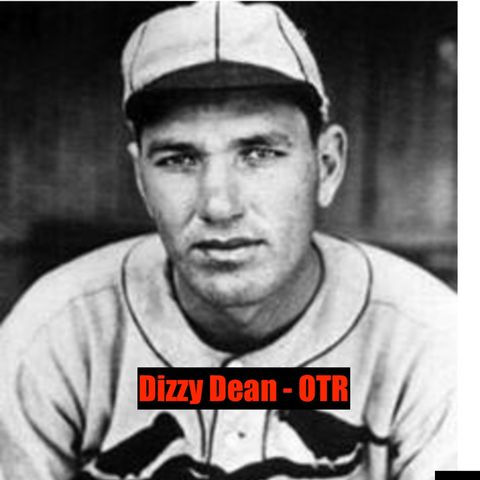11 JAN 2024 · Jay Hanna "Dizzy" Dean (1910-1974) wasn't just a pitcher for the St. Louis Cardinals' "Gas House Gang" in the 1930s, he was a larger-than-life character who swaggered onto the national stage and never left. Even after hanging up his cleats, Dean's booming voice and colorful personality filled the airwaves, weaving tales of baseball's golden age with folksy charm and a generous sprinkle of malapropisms.His 15-minute radio broadcasts were less about play-by-play and more about storytelling. Anecdotes flowed like a lazy Mississippi river, peppered with fan mail responses and jokes delivered with a twinkle in his eye. This was baseball through Dizzy's kaleidoscope, where "he slud into third" and "the Giants is down, two to nothin', like a cow in a cactus patch."Not everyone enjoyed Dean's unpolished brilliance. During the Depression, a group of school teachers, clutching their pearls and dictionaries, deemed him a scourge to young minds. But Dizzy, ever the charmer, simply retorted, "Let the teachers teach English, and I will teach baseball. There is a lot of people in the United States who say 'isn't,' and they ain't eating."While his star burned brightest for barely a decade, Dizzy Dean's legacy stretched far beyond his playing days. His boastfulness, his insatiable need for the spotlight, and his unfiltered joy for the game made him a legend in the golden age of baseball. Even today, his radio tales hold a nostalgic charm, a window into a time when baseball was played under a sunlit sky and stories, like fastballs, soared high and true.


